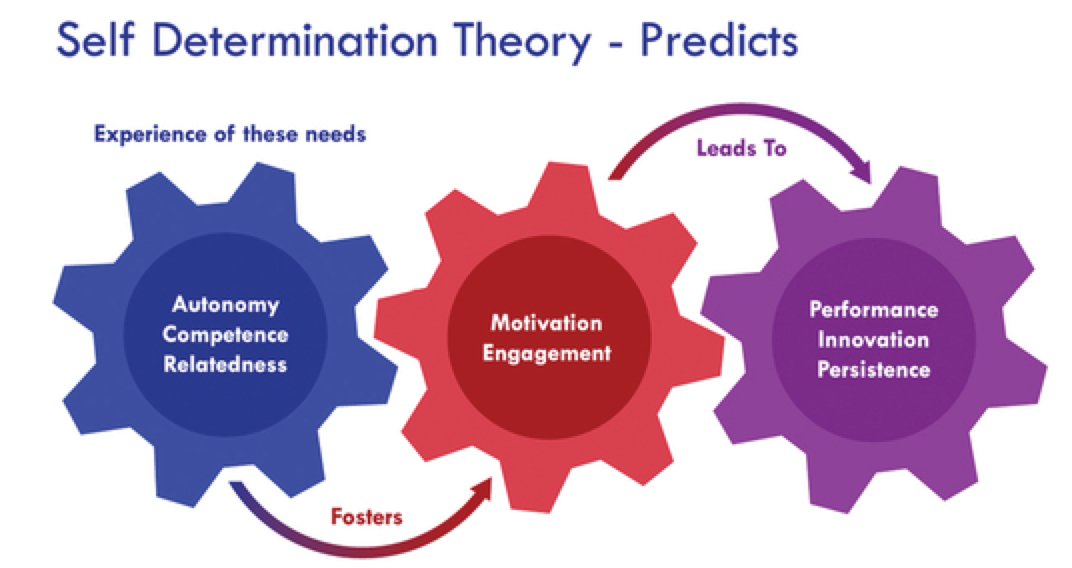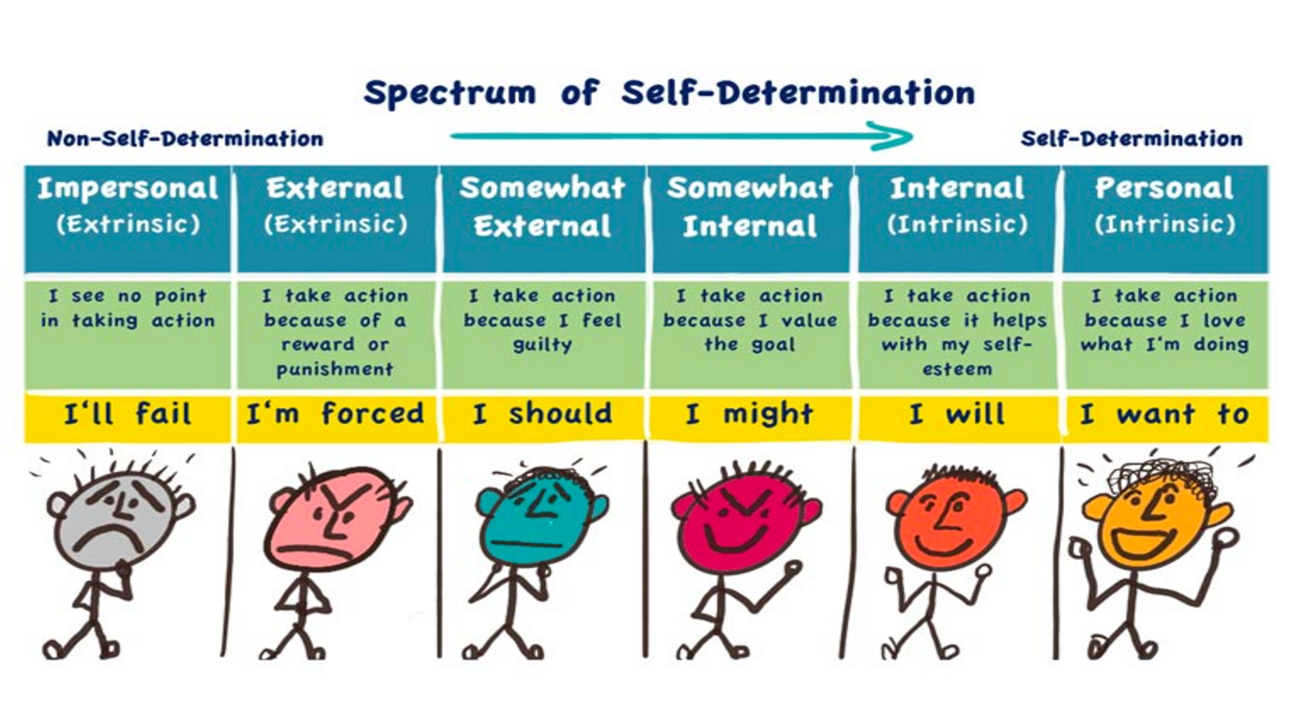Unlocking Your Motivation: Self-Determination for Mental Performance
In competitive and high performance sports mental performance often determines the fine line between success and mediocrity. But what truly drives us to keep going, to push beyond limits, and to strive for excellence? The answer lies in understanding our motivation. Self-Determination Theory (SDT) provides an incredible framework to decode and amplify our inner drive, helping athletes achieve sustained performance and deeper fulfillment.
Ross, P. M., & Scanes, E. (2024)
What is Self-Determination Theory?
At its core, SDT explains that motivation thrives when three basic psychological needs are met:
- Autonomy – The freedom to make choices and control your actions.
- Competence – The sense of being skilled and capable in what you do.
- Relatedness – Feeling connected to and supported by others.
When athletes satisfy these needs, they tap into intrinsic motivation, a powerful force driven by internal rewards like joy, growth, and purpose, as opposed to external rewards like medals or recognition.
Why SDT Matters for Mental Performance
Understanding and applying SDT principles can revolutionize how we approach sport:
- Autonomy Fuels Resilience
When athletes feel in control of their decisions, they are more likely to stick with challenging training programs because they want to, not because they have to. This sense of ownership fosters persistence and adaptability during setbacks.
- Competence Builds Confidence
Mastery of skills bolsters self-efficacy, which helps athletes perform under pressure. Confidence rooted in competence creates a mental edge, enabling them to tackle high-stakes situations with poise.
- Relatedness Creates Belonging
Strong connections within a team or community provide a sense of purpose. Athletes perform better when they feel valued and supported, knowing they are not alone in their journey.
The Science Behind SDT
Studies by Edward Deci and Richard Ryan, pioneers of SDT, reveal that:
Intrinsic motivation can improve performance outcomes by 23% compared to extrinsic motivators.
They also found that environments fostering autonomy and relatedness significantly reduce burnout and increase long-term commitment in sports.
How to Apply SDT in Sports
Actionable Tips for Athletes
-
Reflect on Your Motivation
- Ask yourself: Am I pursuing this goal because I genuinely want to, or because I feel I have to?
- Align your actions with what excites and fulfills you.
-
Create an Autonomy-Supportive Environment
- Experiment with different training routines and embrace flexibility.
- Keep a performance journal to track progress and reflect on your decisions.
-
Focus on Growth Over Perfection
- Celebrate small wins and milestones.
- See setbacks as opportunities to learn, not as failures.
-
Strengthen Relationships
- Build a strong support network of teammates, coaches, and family.
- Participate in team-building activities and show gratitude to those who support you.
Actionable Tips For Coaches:
-
Encourage Autonomy
- Involve athletes in goal-setting and decision-making.
- Let them customize aspects of their training to fit their style.
-
Cultivate Competence
- Focus on progress over perfection. Celebrate every improvement, no matter how small.
- Offer constructive feedback to build confidence.
-
Prioritize Relatedness
- Foster open communication and collaboration within teams.
- Create an inclusive environment where every member feels valued.
Hacking Your Self-Determination
Athletes can "hack" their motivation by deliberately fostering autonomy, competence, and relatedness:
- Autonomy: Set personal goals, customize your training, and reflect on your choices.
- Competence: Track your progress, embrace feedback, and celebrate skill mastery.
- Relatedness: Strengthen bonds with your team and find meaning in shared experiences.
Summary
By prioritizing autonomy, competence, and relatedness, you can unlock a deeper and more sustainable source of motivation. Whether you’re a coach or an athlete, integrating these principles into your daily routine will pave the way for both peak performance and lasting satisfaction.
Key Take Aways
- Intrinsic Motivation Drives Success - Athletes perform best when fueled by personal growth and satisfaction rather than external rewards.
-
Autonomy, Competence, and Relatedness Matter:
- Autonomy fosters resilience.
- Competence builds confidence.
- Relatedness creates belonging and support.
- Practical Strategies Enhance Motivation - Reflect on your goals, focus on progress, and build strong relationships to boost motivation and reduce burnout.
Self Reflective Moment
How can I better align my goals and actions with my intrinsic motivation to feel more fulfilled, capable, and connected? Do you want help with your Mental Game?
For more information or to set up your own session with a Certified Mental Performance Consultant to help level up your mental game, click on the button below for a free intro session.
|
Don't forget to follow us on Social!
|
|


